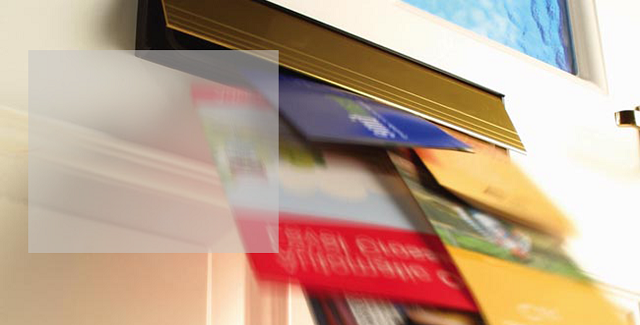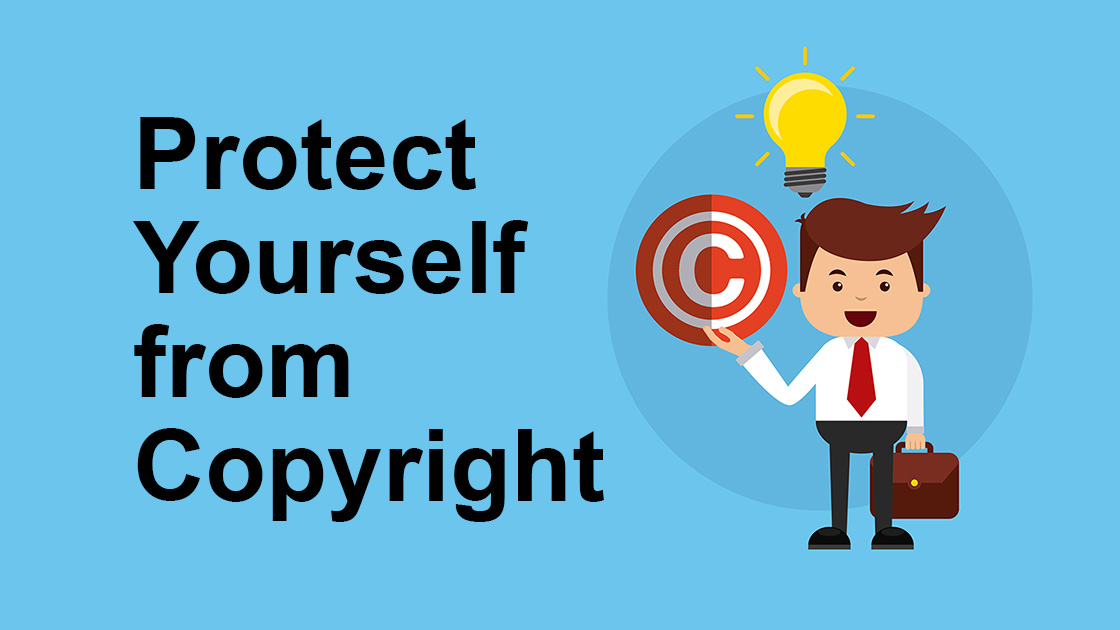
If a website is insecure, it poses a risk not only to the business but also to its customers, staff, other businesses and even governments, public services and national infrastructures. When malware enters one website, it can spread (hence the term ‘computer virus’) and travel through the internet, causing damage and stealing confidential data wherever it can gain access.
Hackers or cybercriminals can launch these attacks without leaving a trace of themselves, and they are always devising new strategies to get past the latest security measures, which is why cybersecurity is an ongoing concern for everyone. It is also why we have laws that enforce strict penalties on organisations that fail to take the proper precautions and suffer a security breach.
These security breaches can be devastating to a business of any size, even if it doesn’t result in data loss. If customers were to find out about it, they will quickly lose trust in a business, and the reputational damage could be permanent. Modern businesses need to ensure that their website is secure not only to avoid fines, data breaches and financial losses but also to reassure customers that they can interact with and purchase from them securely. Consumers are more aware than ever before about the risks of cyberattacks and are less likely to use a website without the proper protections.
Finally, it’s worth noting that Google values security as a ranking factor in its search engine algorithm, as it shows that the business values its customers and is trying to provide the best possible experience for them. So, if nothing else has convinced you to prioritize website security, perhaps the lure of higher search results will tip the balance.
What is a cyberattack?
It doesn’t matter if your business is an international corporation with millions of dollars or a small start-up struggling with cash flow. It also doesn’t matter what industry or sector you are operating in. Your website is a potential target for a cyberattack. From stealing data and financial information to using an insecure website as an entry point to spread malware throughout the internet, cyber criminals will take any opportunity they can.
Cyberattacks vary in terms of the tactics used, but common approaches include malware, which will intercept customer data and destroy websites, ransomware, which will encrypt data until you agree to pay the hacker, and phishing emails or adverts, which appear genuine but include harmful links or viruses. Click here for examples of some of the biggest cybersecurity crises of 2019.
8 Top Tips for Building a Secure Website
Use a secure hosting service
A website is built and held on a foundation called a website host. This foundation is key to your website’s stability and security, and your website needs to be hosted by a secure website host with servers that are protected from attacks, updated regularly and supported by technical professionals such as Krystal. While the website itself needs to be secure, the first line of defence is the quality of your website host, so choose one carefully.
Ensure you have an SSL certificate
A Secure Sockets Layer (SSL) certificate provides an encrypted connection so that customers who enter their details or buy through your website can do so securely, meaning without their data being intercepted or a virus entering their device. Modern customers are increasingly aware that websites are not providing a secure connection if it does not have an SSL certificate and Hypertext Transfer Protocol Secure (HTTPS) before the address. So, they may be discouraged from using your website if you have not considered this.
Choose strong passwords
While it’s a simple security measure, many cyber criminals are, unfortunately, able to access websites because the password protection is weak. The passwords you use should have at least 12 characters and need to include a combination of symbols, numbers and letters. Avoid recognizable phrases or words, and steer clear of any personal information like a birth date or your child’s name. Passwords should be different for each of your accounts and updated on a regular basis.
Be careful when adding plugins
Cybercriminals are continually devising new strategies and tactics to hack into software and websites, which is part of the reason that plugins and apps need to be updated regularly. When the plugin or software provider discovers a weakness in their product, they will release an update to correct it. Therefore, if you neglect to update your software and plugins, you will be missing out on essential security features that could protect your website from a cyberattack. When choosing a plugin for your website, you should check that it has been recently updated, as an outdated plugin could put you at risk.
Create tiered user permissions
If you have a team of people who will be updating the website with new content, it’s best to assign different user permissions to each of them. One person – probably the business owner or marketing manager – should have access to every aspect of the website. However, a freelance employee or inexperienced staff member could do real damage to the website if they are allowed to roam and edit freely. Each user should only have as much access as they need in order to complete their tasks.
Hire a development and support company
Unless you have development skills and a good knowledge of online security, it’s best to hire the professionals. Often, the website and hosting service you choose will include security and technical support, which will ensure your website is secure and any problems are identified before they can cause an issue for your business or customers.
Test and update your security features regularly
While it’s important that your website is visually engaging and user-friendly, neither aspect should become more important than security. When the website is up and running but not yet launched, your developer should spend lots of time testing both its functionality and security. After you have launched the website, you need to carry out regular updates to the security, CMS and any plugins you have added to ensure any bugs or weaknesses are removed.
Prevention is better than cure
You need to take a proactive approach to website security, which means building in all of your security features at the beginning, and not waiting until you have an issue to try to sort it out. When a website is compromised by cybercriminals, the consequences can be disastrous for a business of any size in terms of operational downtime, reputational damage and the potential financial losses.











![Watch Video Now on xiaohongshu.com [以色列Elevatione perfectio X美容仪 perfectio X 全新仪器黑科技了解下]](https://www.techburgeon.com/wp-content/uploads/2019/07/perfectiox-singapore-150x150.jpg)
